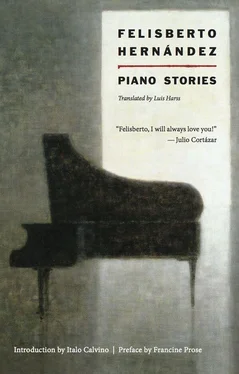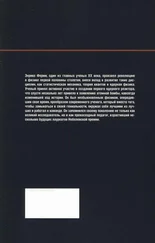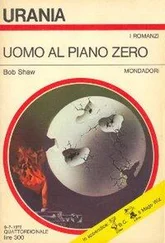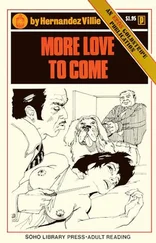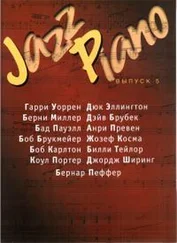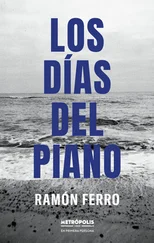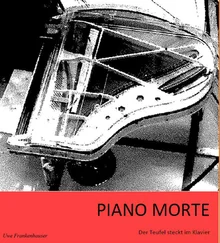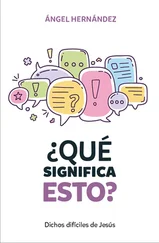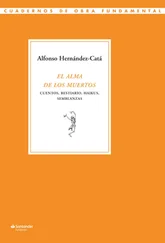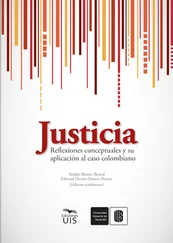Felisberto Hernandez - Piano Stories
Здесь есть возможность читать онлайн «Felisberto Hernandez - Piano Stories» весь текст электронной книги совершенно бесплатно (целиком полную версию без сокращений). В некоторых случаях можно слушать аудио, скачать через торрент в формате fb2 и присутствует краткое содержание. Год выпуска: 2014, Издательство: New Directions, Жанр: Современная проза, на английском языке. Описание произведения, (предисловие) а так же отзывы посетителей доступны на портале библиотеки ЛибКат.
- Название:Piano Stories
- Автор:
- Издательство:New Directions
- Жанр:
- Год:2014
- ISBN:нет данных
- Рейтинг книги:4 / 5. Голосов: 1
-
Избранное:Добавить в избранное
- Отзывы:
-
Ваша оценка:
- 80
- 1
- 2
- 3
- 4
- 5
Piano Stories: краткое содержание, описание и аннотация
Предлагаем к чтению аннотацию, описание, краткое содержание или предисловие (зависит от того, что написал сам автор книги «Piano Stories»). Если вы не нашли необходимую информацию о книге — напишите в комментариях, мы постараемся отыскать её.
Piano Stories
Piano Stories — читать онлайн бесплатно полную книгу (весь текст) целиком
Ниже представлен текст книги, разбитый по страницам. Система сохранения места последней прочитанной страницы, позволяет с удобством читать онлайн бесплатно книгу «Piano Stories», без необходимости каждый раз заново искать на чём Вы остановились. Поставьте закладку, и сможете в любой момент перейти на страницу, на которой закончили чтение.
Интервал:
Закладка:
As I came out of the tunnel, Alexander lit my way up the steps into the arbor. We reached a lighted gallery, where my friend patted me fondly on the neck, as if to apologize for the harshness with which he had come down on me earlier. At the same time, he turned away, as if to say: “But now I have something else on my mind and it’s going to keep me busy for a while.”
Motioning with his forefinger — which he then held to his lips, asking for silence — he had me follow him into his bedroom. There, he moved the couches around until they were back to back, so we’d be facing in opposite directions. Slowly he sank into one of the couches, and I into the other, letting my thoughts run on, promising myself I wouldn’t stop until I had gotten to the bottom of things.
When he spoke, after a while, his deep voice startled me. He was saying:
“I’d like you to stay all day tomorrow. Unfortunately, I have to set one condition. .”
I waited for a few seconds and answered:
“If I accepted, it would also have to be on one condition. .”
At first he laughed. Then he said:
“Well, let’s each of us write his condition down on a piece of paper — how does that suit you?”
“Just fine.”
I took out a card, and, since our heads were almost touching, we exchanged messages over our shoulders. His paper read: “I need to be alone all day, out in the garden.” And mine: “I’d like to spend the day shut up in a room.” He laughed again. Then he got up and went out for a few minutes. When he came back he said:
“Your room is right above this one. Now let’s go and have dinner. The food is on the table.”
There I found an old acquaintance: the plucked chicken.
After dinner he said:
“And now for some music. How about old Claude’s quartet?”
I was amused at his familiarity with Debussy. We lay back on our couches. One of the times he got up to change a record he stood there holding it in midair and said:
“In the tunnel I can feel all sorts of ideas going by on their way to somewhere else.”
The record had ended before he added:
“I’ve lived near other people and collected memories that don’t belong to me.”
He said nothing more that night. Alone in my room afterward, I walked up and down in a near rapture: I’d just discovered that he was the main object in the tunnel. I was admiring my idea when he rushed up the stairs, stuck his head in the door with a smile, and said:
“I can’t stand your loud pacing. Remember I’m right beneath you.”
“Oh, I’m sorry!”
As soon as he had left I took off my shoes and started to pace again, in my socks. The next moment he was back in the door:
“That’s even worse, dear boy. Your steps are like heart beats. I’ve felt my heart beat that way before. It’s as if there were someone limping around inside me.”
“How you must regret having offered me your hospitality!”
“On the contrary, I was thinking how unfortunate it will be to have an empty room after you’ve stayed in it.”
I forced a smile and he backed out.
I fell asleep right away but soon woke up. There was distant thunder and lightning. I got up softly and went to open the window. I looked out at a dimly lit sky that was trying to unload its bloated clouds on the house. And suddenly I saw a man on a path in the garden. He was bent over some creepers, searching for something. He took several steps sideways, still crouching low, and I decided to alert my friend. The stairs creaked and I was afraid he would wake up and think I was the thief. The door to his room was open and the bed was empty. When I returned to my room the man had disappeared. I got into bed and went back to sleep.
Sipping my mate the next morning — the footman had brought up the mate service while I was downstairs washing — I remembered a dream I’d had. My friend and I were standing by a tomb and he said: “Do you know who’s buried there? The chicken in her box.” We had no sense of death: it was a quaintly shaped tomb, much like an icebox, and we knew the corpses it held were for eating.
I was remembering this, still sipping and gazing out the yellowish curtains at the garden, when suddenly I saw my friend cross one of the paths. I involuntarily drew back, like a spy. Then I decided not to look. Instead — since he couldn’t hear me — I paced up and down the room. One of the times I came to the window, I saw him going in the direction of the carriage house. I thought he was headed for the tunnel and began to suspect all sorts of things. But then he took another path, up to some laundry that was hanging from a line, and placed one hand flat on a — probably — wet bedsheet.
We met only for dinner. At one point he said:
“When I’m in my shop I long for this day, and then when I’m here I feel horribly bored and depressed. But I need to be by myself, with no one near. Oh, I beg your pardon!”
I saw my chance and said:
“There must have been dogs in the garden last night. . This morning I found some violets strewn on a path.”
He smiled:
“That was me — I like to pick them out from between the leaves just before dawn.” And with another, broader smile: “I had left my door open, but when I got back it was closed.”
Now I smiled:
“I’d thought there was a thief and I’d gone down to warn you.”
That night we went back to town. He was pleased with himself.
The next Saturday we were in the tower when suddenly one of the girls came up to me. I thought she wanted to tell me a secret and bent over to listen, but instead she planted a kiss on my cheek. It all seemed calculated, and my friend asked:
“What do you think you’re doing?”
The girl answered:
“We’re not in the tunnel now.”
“But we’re in my home,” he said.
By then the other girls had arrived. They said they had been playing forfeits and the kiss was a penalty. Trying to laugh it off, I said:
“Some penalty! You poor thing!”
And a little short girl answered:
“I wish it had been me!”
It all ended well. But it had been upsetting to my friend.
At the usual time we felt our way into the tunnel. I recognized the pumpkin rind, but my friend had already stuck a tag on it to have it removed from the counter. Then I began to sift through a mass of something like crumbling stone. It didn’t interest me, and my mind wandered: I knew that soon the first woman would shine her light at us. Meantime I had forgotten my hands in the crumbling stone. Then I fingered some tasseled material, and suddenly I realized it was a pair of gloves. I wondered what the gloves meant to my hands: the surprise, I decided, was for them, not for me. When I touched a piece of glass, I suspected the hands wanted to try on the gloves. I was about to humor them, but held back, like a father who doesn’t want to indulge his daughters’ every whim. Then I began to suspect something else: my friend was too far advanced in that world of hands, perhaps encouraging an instinct for independence in them that allowed them to develop too much of a life of their own. I remembered the flour that had given them such pleasure in the previous session, and I said to myself: “The hands like raw flour.” Doing my best to leave that idea behind, I returned to the glass I had touched before: it was on a stand. Could it be a portrait? How could I find out? Or — worse still — it might be a mirror. My imagination had been tricked, as if the dark were making fun of me. Almost at once, the first girl flashed her light. I don’t know why, at that moment, I thought of the mass of crumbling stone I had touched at the beginning and knew it was the head of the lion that had fallen off the terrace.
My friend was asking one of the girls:
Читать дальшеИнтервал:
Закладка:
Похожие книги на «Piano Stories»
Представляем Вашему вниманию похожие книги на «Piano Stories» списком для выбора. Мы отобрали схожую по названию и смыслу литературу в надежде предоставить читателям больше вариантов отыскать новые, интересные, ещё непрочитанные произведения.
Обсуждение, отзывы о книге «Piano Stories» и просто собственные мнения читателей. Оставьте ваши комментарии, напишите, что Вы думаете о произведении, его смысле или главных героях. Укажите что конкретно понравилось, а что нет, и почему Вы так считаете.
